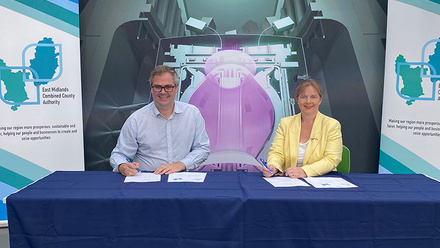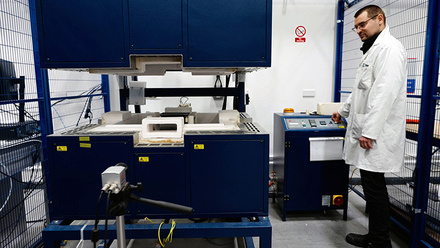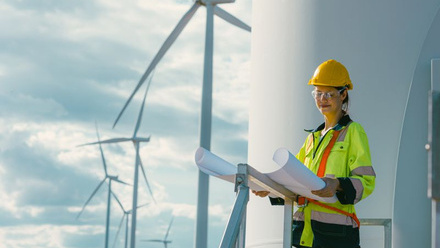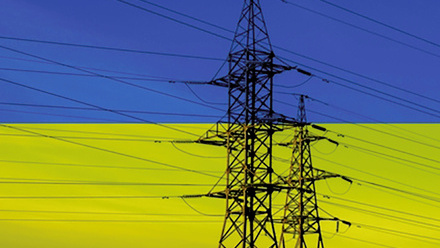Offshore oil and gas production and climate compatibility
Steve Bedford CEng FIMMM looks at the demands on the oil and gas industry and what this could mean for the UK and Scotland?

Many groups and politicians have stated that exploration and development of the UK’s offshore oil and gas is not compatible with limiting climate change. Offshore licencing for oil and gas exploration and development is a matter reserved to the UK Government and there have been demands for the UK Government to both stop issuing new licences and stop activities in existing licence areas. If these demands were implemented they would accelerate the decline of the UK oil and gas industry, what would this mean for the UK and Scotland?
Here is a summary of some of the latest data from the Scottish and UK Government websites:
- 73% of UK energy needs are currently met by oil and gas, by 2050 when the UK achieves net zero oil and gas will supply 11–18% of the UK energy needs
- 11% of current oil demand is for non-energy uses to produce everyday goods from medicines to the raw materials for renewables such as wind turbine blades and batteries
- UK domestic oil production has reduced from 137 million tonnes in 1999 to 49 million tonnes in 2020 with the UK being a net importer of oil since 2005
- 93% of the UK’s oil imports came from the following six countries – Norway, Russian Federation, Nigeria, USA, Algeria and Canada – this will change with the sanctions on the Russian Federation.
- UK domestic gas production has decreased from 807TWh in 2008 to 438.3TWh in 2020. UK domestic gas production is significantly below demand with the UK importing 478.2TWh of gas in 2020. The largest single supplier of gas to the UK was Norway via pipelines delivering 263.5TWh. However gas supply from Norway is reducing significantly and is down from 393TWh in 2017. This reduction in gas via pipeline has been made up by increased supplies of liquified natural gas (LNG) primarily from the following four countries – Qatar 63 to 97TWh, USA 1 to 53TWH, Russian Federation 1 to 24TWh
and Trinidad & Tobago 3 to 11TWh
- It should be noted that the development of shale gas through the use of hydraulic fracturing has allowed the USA to export LNG. Again imports from the Russian Federation will reduce in line with UK sanctions
- Average carbon emissions associated with UK gas production are 22 kgCO2e/boe vs 59 kgCO2e/boe for imported LNG. In effect replacing domestic gas production, and gas imports via pipelines, with imported LNG is accelerating climate change by a factor of 2.7
- The oil and gas industry contributes £8.8 billion to the Scottish economy, or 5% of Scotland’s gross domestic product (GDP), and supports 70,000 jobs in Scotland.
The above data indicates that accelerating the decline of the UK oil and gas industry would cause significant job losses, a significant impact on the UK economy, reduced security of supply and an acceleration of climate change. Recognising the significant potential impact on the UK the UK Government proposed implementing a climate compatibility checkpoint comprising a series of tests that Government and Industry would have to meet before any new offshore oil and gas licences are issued.
In December 2021, the UK Government issued the proposed checkpoint tests for consultation. Recognising the importance of this to IOM3 members the IOM3 Energy Transition Group produced responses to the consultation which were reviewed and modified by the other Technical Communities within IOM3 before being submitted.
The IOM3 response was based on the view that the UK Government should continue to issue offshore oil and gas licences providing that the following two tests are met:
- Delivery of the North Sea Transition Deal agreed between the UK Government and the offshore operators. This deal stipulates what each party will do to deliver the oil and gas industry contribution to achieving net zero and the outputs are built in to the UK net zero targets. The deal includes commitments to reduce emissions by 50% by 2030, investment of £2–3bln to create the transport and infrastructure to store 10MT/year of carbon by 2030, delivery of 5GW of low carbon hydrogen production capacity by 2030, development of a UK low carbon supply chain and re-skill people. The deal details actions to achieve the targets and includes a governance mechanism to monitor and assess delivery.
- The carbon emissions associated with the use of domestic oil and gas are equal to, or lower than, the emissions associated with the use of imported oil and gas.
The Mining Institute of Scotland also recognised the importance of the consultation to members. Council formed a workgroup who produced a response aligned with the IOM3 response and based on the same principles.
You can find the response below.








